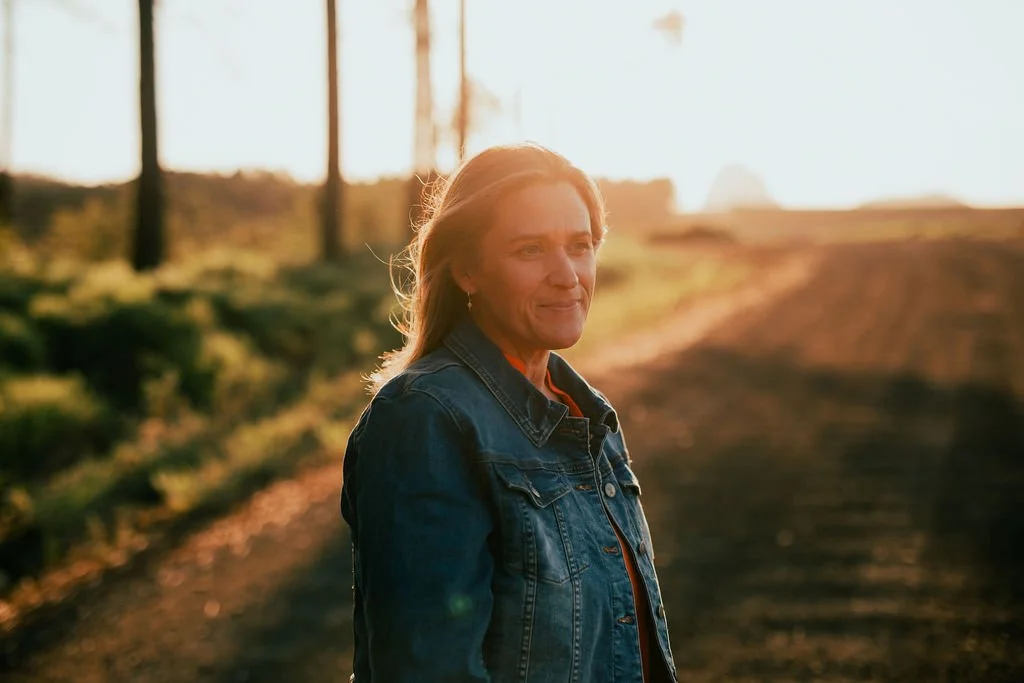
Operating in Australia & Canada
A Little About Me
I’m a proud Métis Canadian woman and neurodivergent social worker, here to support individuals.
I understand firsthand that reaching out takes courage, so I admire your strength in being here. You’re not alone in feeling lost, uncertain, or overwhelmed. And you’re not alone in wanting more—whether that’s peace of mind, stronger relationships, or simply reconnecting with yourself. If you’re reading this, you’ve already taken a meaningful step toward feeling better.
What Guides Me
My lived experience has taught me that healing doesn’t come from having all the answers—it often comes from being seen, heard, and understood by someone you feel safe with.
I’ve been on both sides of the chair, and I know how powerful it is when someone meets you with presence and without judgment. My Métis identity and neurodivergence aren’t just parts of who I am—they shape how I listen, how I hold space, and how I honour what each person brings. There’s also a quiet spiritual thread in how I work—rooted in land, lineage, and the deeper knowing that lives within all of us, even when it’s felt distant or hard to trust. In that, I value honesty, curiosity, and the stories people carry—especially when those stories haven’t always been easy to share.
Why I Do This Work
“I’ve come to know—through both my professional training and my own life that real change starts with connection. Not just with me as the human you choose to sit with, but with yourself.
Like many of the people I work with, I’ve had seasons where things felt heavy, uncertain, or like I was carrying more than I could name. I know what it’s like to seek support, to ask hard questions, and to try again when things feel stuck. That journey shapes how I show up in this work—not as an expert telling you what to do, but as someone who gets the courage it takes to show up at all.
I bring deep respect for what people carry—especially when those stories include loss, disconnection, or feeling like you don’t quite belong.
As a Métis woman, I hold close the role cultural connection and remembering where we come from can play in healing. Whether you’re moving through grief, navigating relationships, or wanting to feel more at home in yourself, I offer a steady presence as we figure out what healing or change looks like—for you.
Who I Work With
I work with individuals aged 10 and up, as well as families navigating change, challenge, or uncertainty. Some come during times of grief, anxiety, or relationship stress. Others are facing big life transitions—moves, separation, school shifts, bullying, self esteem, social anxiety or health changes—or some simply have the sense that something isn’t quite right.
Many of the humans and families I support are used to keeping things together for everyone else. Our work creates space for you, too—to slow down, reflect, and figure out what’s really needed. You don’t need to have it all sorted. Together, we begin with what’s real and go from there.
Please see more detailed questions regarding who I work with here
My Approach
My approach is intuitive, collaborative, and grounded in respect. I don’t come in with a fixed plan—because I believe the most meaningful work happens when we listen closely to what your body, mind, and inner voice are already trying to say.
I draw from a range of approaches, including intuitive somatic practices, trauma-informed care, narrative therapy, and strengths-based support. These aren’t just techniques—they’re ways of helping you reconnect with your body’s wisdom, untangle old stories, and remember the parts of yourself that have always known what you need.
A lot of my work involves making space for feelings you’ve had to carry alone, or haven’t known how to express. That might mean noticing what your nervous system is holding, or finding words for emotions that have been sitting just under the surface.
My approach is relational, responsive, and grounded in trust—trust in you, in the process, and in what can emerge when you feel safe enough to soften.

Formal Education
Bachelor of Social Work University of Sunshine Coast, Australia (2019)
Master of Advanced Practice in Social Work Charles Sturt University, Australia (2020)
Core Essentials Graduate Coach U Australia (2012)
Eye Movement Desensitization and Reprocessing (EMDR) Trained Clinician, Canada (2021)
Best Practices in Clinical Supervision Training Canada & Australia (2022)
Professional Memberships
In Canada, I am a Registered Clinical Social Worker through the BC College of Social Workers #14463. Ontario #853087
In Australia, I am a Accredited Mental Health Social Worker (AMHSW) with the Australian Association of Social Workers. #490252
In Australia, I live, work and play on the lands of the Gubbi Gubbi people, the Traditional Custodians of this Country.
In North America I offer support across many Indigenous territories in what is now known as Canada.
As a proud Métis woman, I honour the First Nations, Inuit, and Métis peoples whose lands I live work and play on, and hold deep respect for the cultures, stories, and continued connection to land and community across both continents.
I pay my respects to Elders past present and emerging as I walk with care—as both a guest and a relative.



